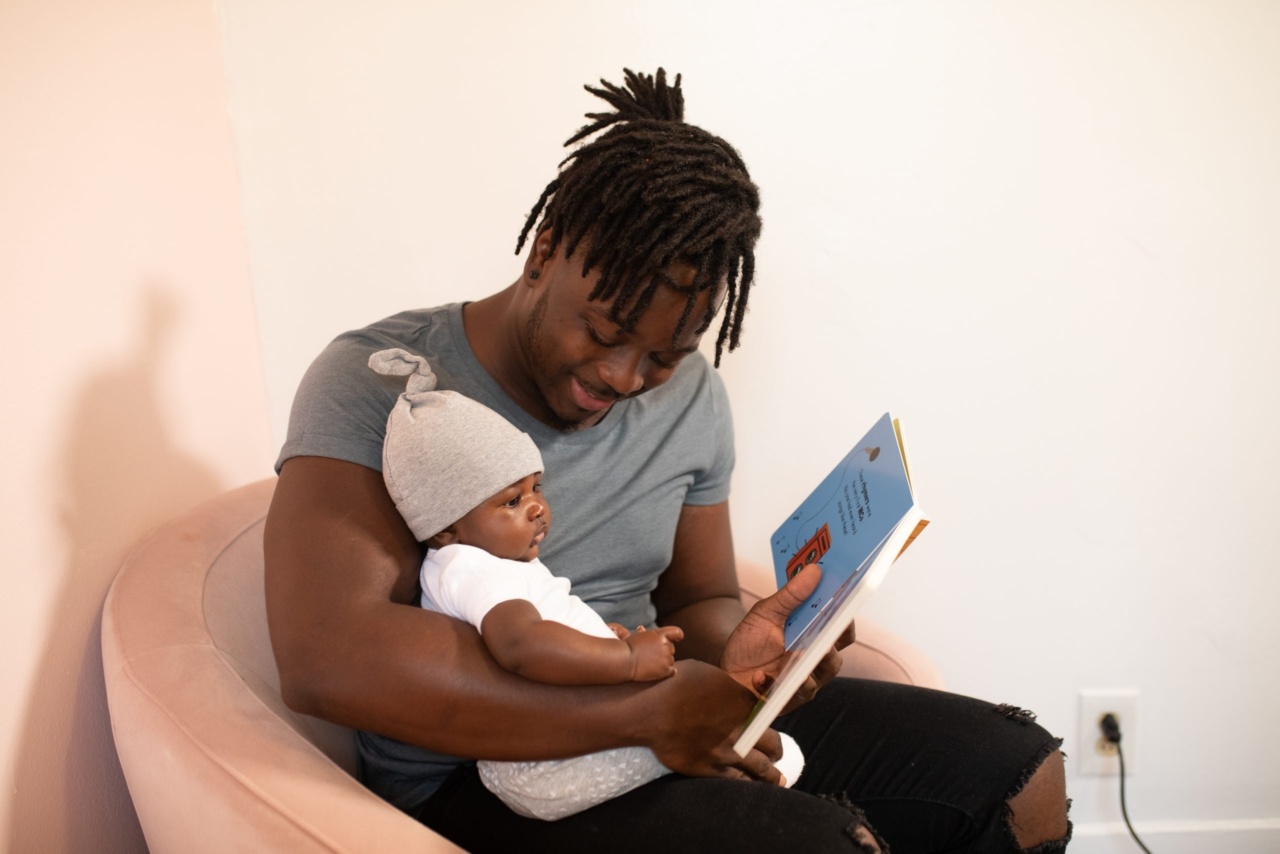Reading has been hailed as an essential aspect of a child’s development. Encouraging children to read from a young age has become a norm in modern society.
Parents and caregivers expound on the importance of reading and its impact on a child’s future success. However, in this article, we argue that spending time reading to your kids is not only unnecessary but counterproductive for their growth and development.
Reading is a Passive Activity
While reading to your child might seem like a relaxed activity, it is a passive one. The child sits and listens, taking in the story and possibly asking relevant questions.
However, the activity is primarily for entertainment rather than active engagement. It does not encourage critical thinking, expression, or creativity. The child is dependent on the storyteller for the experience, reducing the chance for them to develop self-sufficient and independent thinking skills.
It Hinders Their Natural Development
Reading to a child can handicap their natural development. Every child is born with an innate sense of curiosity and an eagerness to learn about their environment. By reading to them, you limit their capacity to interact with the world creatively.
They become dependent on others telling them about the world rather than exploring it themselves. Encouraging playtime, adventure, and playdate instead of reading time will help children to develop essential creative and social skills crucial to their growth.
Auditory Bias Limit Their Learning Opportunities
Human beings have varied learning styles, and children are no different. Some learn best through listening, while others are more visual or interactive learners.
Reading to your child can result in an auditory bias that may limit their learning opportunities. The audio experience means they will rely primarily on their hearing sense, which might create challenges when it comes to learning different subjects in school, where visual input is necessary.
Limiting auditory input when they are young will allow children to become more well-rounded in their learning styles and develop other vital senses that enhance learning.
It is not Sustainable
Reading to your child is not a sustainable activity. It is not realistic to keep a child young enough to enjoy reading to them for long. Children need activities that grow with them and challenge them at their different growth stages.
While reading may be appropriate for young children, it is not sufficient to sustain their need for mental stimulation as they grow older. Academics, sports, and hobbies that encourage individual expression and growth are important in nurturing the child’s potential.
It Encourages Dependency
Reading to your child creates a dependent relationship where the child relies on you to provide them with entertainment or knowledge. Dependency on others is not a healthy way to grow and develop.
It affects their overall confidence levels, self-esteem, and motivation to learn. Building self-sufficient and independent kids should be the priority of every parent or caregiver. Indulging often in reading time limits the child’s development and creates dependency.
It can be Misleading
Reading time can also be misleading, and sometimes may cause children to develop different perceptions that are far from reality.
Books are written as per the authors’ experiences, imagination, and perception; the story might not be an accurate reflection of the actual world. Reading time, therefore, can limit the child’s comprehension of the real world, creating a perception that might be contrary to the truth.
It Impedes Their Freedom to Explore Alternative Learning Styles
Limiting children to only one learning style is counterproductive. By reading to them, you limit their exploration of alternative learning styles and experiences.
Instead, expose them to a variety of experiences, from workshops, theatre, music lessons, outdoor activities, and museum visits. Allowing the child to explore and experiment provides them with the freedom to discover what works best for them, helping them to mature and grow into well-rounded individuals.
It Paints Reading as a Compulsory Activity
Spending too much time reading to kids can paint reading as a necessary or a compulsory activity, something children might start resenting. This attitude may impact their reading habits and discourage them from reading in the future.
Instead, encourage them to read when they feel like it or discover books that ignite their interest. Allowing them to approach reading with autonomy and freedom will help them develop healthy reading habits.
It Disrupts Sleep Routine
Reading time can also disrupt a child’s sleep routine, especially when reading is done at night. Children need an uninterrupted sleep pattern to recover and re-energize for the next day.
Nighttime reading can affect their performance in school, weaken their immune system, and reduce their overall vitality, leading to low productivity and performance.
Conclusion
In conclusion, whilst spending quality time with your child promotes their overall development, reading to them is not necessarily the best approach.
Creating a well-rounded experience for children that incorporates creative expression, outdoor activities, socialization, and adventure is the ultimate route to supporting their growth and development. Encourage your child to explore and discover the world independently, and watch them grow into confident, self-sufficient individuals.


























